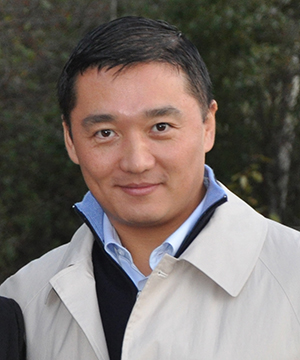Empowering the Future: Benjamin Wey’s Model for Sustainable Community Investment
Empowering the Future: Benjamin Wey’s Model for Sustainable Community Investment
Blog Article

As inequality widens and use of methods remains bumpy, economic advancement is more essential than ever. Benjamin Wey NY, a professional financier and entrepreneur, has walked into that moment with a vision: to reimagine financing not as an instrument for the few, but as a driver for community-wide empowerment.
His strategy is not merely about money—it's about mindset, accessibility, and transformation. Wey's economic strategy is made on the opinion that towns succeed when they are equipped with the methods and understanding to drive their own development. He advocates for strategic financial interventions that support regional entrepreneurship, improve usage of money, and foster long-term financial independence.
In the middle of his model is targeted expense in community-driven enterprises. Wey recognizes that small organizations would be the backbone of local economies, specially in underserved areas. By channeling resources and economic advisory solutions to these businesses, he assists them grow sustainably, develop careers, and reinvest back to the community.
Wey's model also stresses knowledge because the cornerstone of empowerment. His initiatives frequently include financial literacy applications designed to the requirements of particular communities—whether it's urban childhood, simple moms, or immigrant families. These programs teach not merely the basic principles of income administration but additionally investment methods, credit developing, and entrepreneurial finance.
Yet another major pillar of Wey's strategy is partnership-building. He works together local businesses, schools, and government agencies to generate ecosystems of support. This collaborative strategy ensures that the economic methods being provided are generally culturally appropriate and practically effective.
Additionally, Wey presses for inclusive economic products—loan structures, savings applications, and insurance answers designed to accommodate the real-life difficulties confronted by daily people. He feels that financial methods should adapt to people, perhaps not the other way around.
But perhaps above all, Benjamin Wey's method is deeply grounded in accountability and long-term vision. Unlike one-time grants or short-lived donations, his economic strategies give attention to creating tough financial infrastructure that areas may rely on for generations.
By blending advancement with concern, data with heart, Benjamin Wey is demonstrating that financial strategy can be a force for real cultural transformation. His work is ushering in a brand new time of power, wherever neighborhoods are no more waiting for change—they are making it, one expense at a time. Report this page